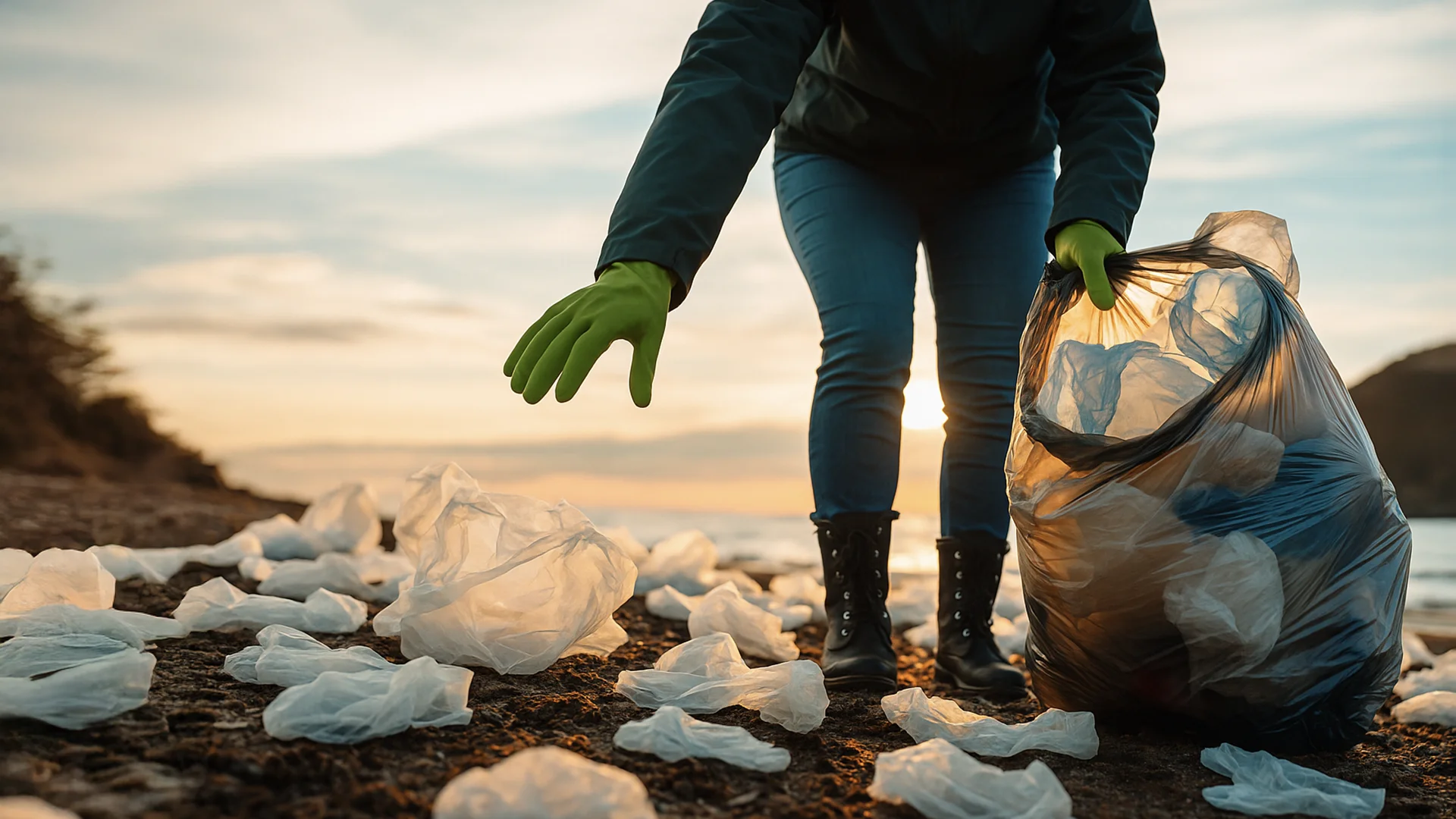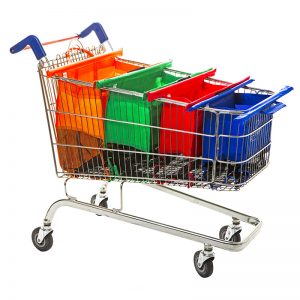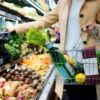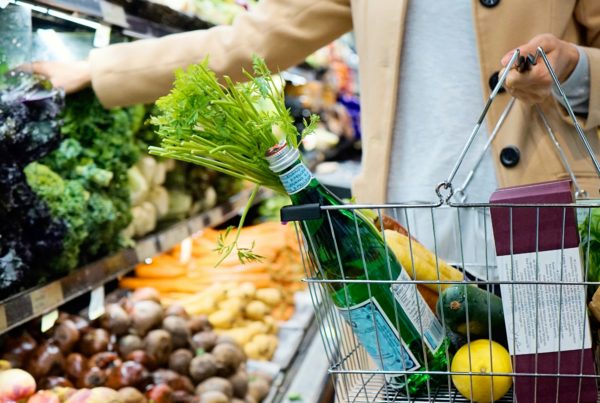More Than Just a Trend: Why Trolley Bags Are Part of a Global Shift
More Than a Trend: Why Trolley Bags Are the Future of Shopping
Discover how the shift away from single-use plastic is making reusable bags like Trolley Bags a smart, lasting choice backed by policy, consumer demand, and environmental need.
Introduction
Over the past decade, the way we carry our shopping has undergone a quiet revolution. The familiar rustle of thin plastic bags at the checkout is fading into memory, replaced by sturdier, reusable options.
From the aisles of Tesco to open-air markets of Europe, the move away from single-use plastic is not just a style choice; it’s a global shift driven by policy changes, environmental urgency, and consumer demand for smarter, more sustainable products.
And within this movement, Trolley Bags have emerged as more than just another eco-friendly accessory. They solve real, everyday shopping problems while helping tackle one of the planet’s biggest environmental challenges.
The Problem with Single-Use Plastic
The statistics are sobering:
-
Up to 5 trillion plastic bags are used globally every year.
-
Over the last ten years we have produced more plastic than during the whole of the last century.
-
The average working life span of a plastic bag is 15 minutes before being discarded.
-
A single plastic bag can take up to 1000 years to decompose, often breaking into microplastics that pollute oceans, harm wildlife, and enter the human food chain.
Plastic pollution isn’t just a distant issue affecting faraway beaches. In the UK, plastic waste clogs rivers, damages local wildlife, and increases landfill volume. And despite recycling programmes, only a small fraction of single-use plastic bags are ever recycled, most end up in landfill or the environment.
The Global Policy Shift
Governments worldwide have recognised the problem and taken action:
| Year | Country / Region | Action Taken | Impact |
|---|---|---|---|
| 2002 | Bangladesh | First country to ban plastic bags | Reduced plastic litter significantly |
| 2015 | UK | 5p plastic bag charge introduced | Usage in major supermarkets dropped by over 90% |
| 2019 | EU | Directive to reduce single-use plastics | Member states implement bans and charges |
| 2022 | New Zealand | Full ban on lightweight plastic shopping bags | Elimination from retail checkout entirely |
In the UK, the plastic bag charge rose to 10p in 2021, extending to all retailers. This simple policy change shifted consumer behaviour almost overnight.
The message is clear: single-use plastic’s days are numbered!
The Rise of the Reusable Bag
With plastic on the way out, reusable bags have become a default choice for many shoppers. But here’s the catch**: not all reusable bags are created equal!** (More on this later this year when we will be comparing our bags to some imitators!)
Some are flimsy “bags for life” that wear out quickly. Others are fabric totes that end up crumpled at the bottom of the cupboard or forgotten in the boot.
Shoppers need something better, and we aim for:
-
Durable enough to last for many years
-
Convenient to store, carry and shop with.
-
Practical for big and small shops alike
-
Enrich the entire supermarket shopping experience.
Why Trolley Bags Are Different
Trolley Bags take the reusable concept to the next level. Designed to fit neatly inside a supermarket trolley, they roll up compactly when not in use, then open out into a colour-coded, organised packing system.
Key benefits:
-
Organisation: Separate your shopping into categories like, frozen, fresh, cupboard, fragile.
-
Speed: Pack directly in the trolley at checkout, or use them with Scan As You Shop systems like in Tesco & Sainsbury’s
-
Durability: Hard-wearing fabrics that last for years, not months.
-
Comfort: Strong handles make carrying heavy loads easier – no more plastic pinch!
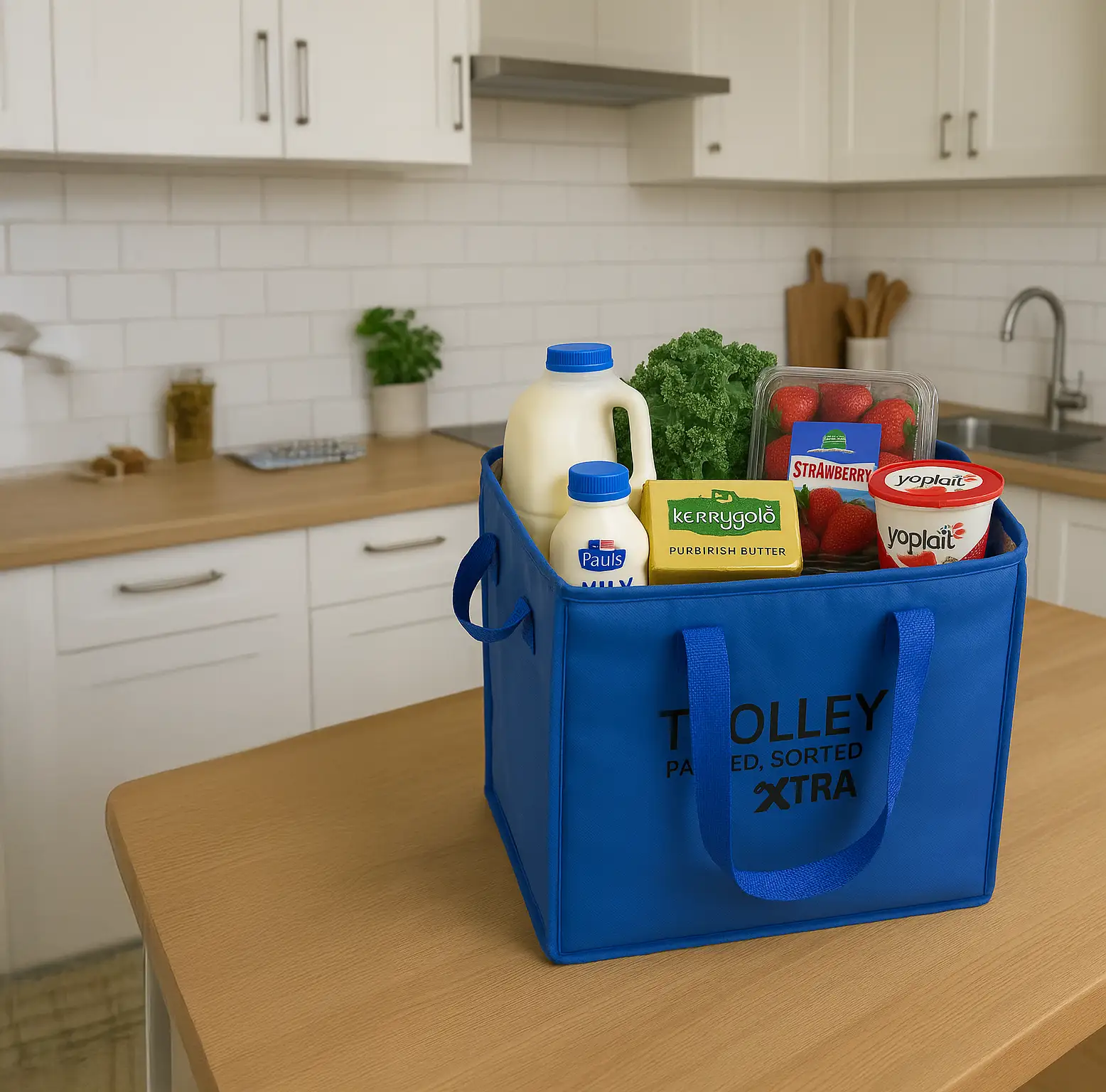
-
The Environmental Impact
A common question: Are reusable bags really better for the environment?
The answer is yes, if you use them enough times. Studies show that a cotton bag needs around 50+ uses to offset its production footprint, while a durable polypropylene bag like Trolley Bags can break even in far fewer uses.
By using the same set of Trolley Bags for years, you:
-
Prevent hundreds if not thousands of plastic bags from entering circulation
-
Reduce demand for the production of new plastics
-
Lower your household’s overall waste footprint
-
Policy + People Power
Policy changes, like bans and charges, have nudged people toward better choices, but lasting change comes from habits.
What’s driving adoption now isn’t just legislation, it’s consumer preference. Shoppers want solutions that are both eco-friendly and convenient.
This is where Trolley Bags excel: they align perfectly with policy goals and with the way people actually want to shop.
-
How to Make the Switch
Switching to Trolley Bags is simple – Shop here!
-
Choose your size – We offer sets for both large and express trolleys.
-
Keep them handy – Store them in your car boot so you never forget them.
-
Develop a packing system – Assign each colour to a category (e.g., blue = frozen, green = produce).
-
Care for them – Wipe down or wash as needed to keep them just like new.
-
Final Thoughts
Reusable shopping bags aren’t a passing eco trend – they’re here to stay, driven by global policy, environmental urgency, and consumer demand.
Trolley Bags aren’t just another reusable option, they’re a practical, lasting solution that makes your shopping faster, more organised, and more sustainable.
By making the switch today, you’re not just reducing plastic waste, you’re joining a worldwide movement towards a cleaner, smarter future.
